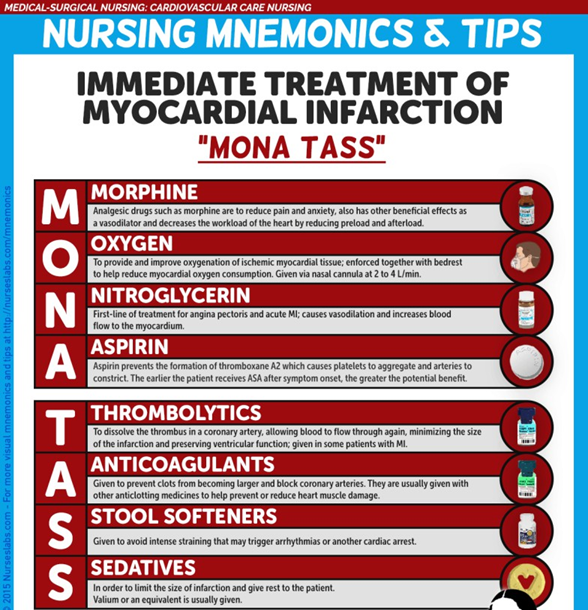A home health nurse is assessing a client who has pernicious anemia. Which of the following is an expected manifestation that poses a risk to the client's safety?
Loss of hearing
Muscle wasting
Paresthesia
Changes in vision
The Correct Answer is C
C. Paresthesia, or abnormal sensations like tingling, numbness, or burning, is a common neurological manifestation of pernicious anemia due to damage to the peripheral nerves caused by vitamin B12 deficiency. Paresthesia can affect balance and coordination, increasing the risk of falls and injuries, and thus posing a risk to the client's safety.
A. Loss of hearing is not typically associated with pernicious anemia.
B. Muscle wasting is not a typical manifestation of pernicious anemia. However, weakness and fatigue are common symptoms due to anemia resulting from decreased oxygen-carrying capacity of the blood.
D. While changes in vision can impact the client's safety, they are not as directly associated with pernicious anemia as paresthesia, which affects mobility and balance.
Nursing Test Bank
Naxlex Comprehensive Predictor Exams
Related Questions
Correct Answer is D
Explanation
D. Start an IV with a large-bore needle. Establishing intravenous access is crucial for fluid resuscitation and administering medications. It allows for timely administration of fluids and other necessary treatments to stabilize the client’s condition.
A. Increasing the room temperature is not a priority intervention for a client with a burn injury, especially immediately after securing the airway.
B. While wound care is essential in the management of burn injuries, it is not the first intervention to prioritize after securing the airway.
C. Burn injuries can be extremely painful, and providing analgesic medication is important but not a priority intervention
Correct Answer is ["A","B","D","E"]
Explanation
Chest pain radiating to the left arm is characteristic for angina in coronary artery disease. This is suggested more by the client’s medical history of hypertension, hyperlipidemia and type 2 diabetes mellitus.
Clients with angina are scheduled for diagnostic cardiac catheterization to assess the extent of coronary blockage
Heparin is used to prevent the propagation of a clot that is formed on an unstable atherosclerotic plaque. Beta blockers are prescribed to lower the heart rate. This reduces the myocardial demand for oxygen.
The firstline medication include antiplatelets unless there's concurrent venous thromboembolism.
Keeping the client NPO within 2 hours of the procedure is important to prevent aspiration whole under sedation.
Ambulation increases demand on the heart which may worsen the pain Antibiotics have no role in coronary artery disease.

Whether you are a student looking to ace your exams or a practicing nurse seeking to enhance your expertise , our nursing education contents will empower you with the confidence and competence to make a difference in the lives of patients and become a respected leader in the healthcare field.
Visit Naxlex, invest in your future and unlock endless possibilities with our unparalleled nursing education contents today
Report Wrong Answer on the Current Question
Do you disagree with the answer? If yes, what is your expected answer? Explain.
Kindly be descriptive with the issue you are facing.
